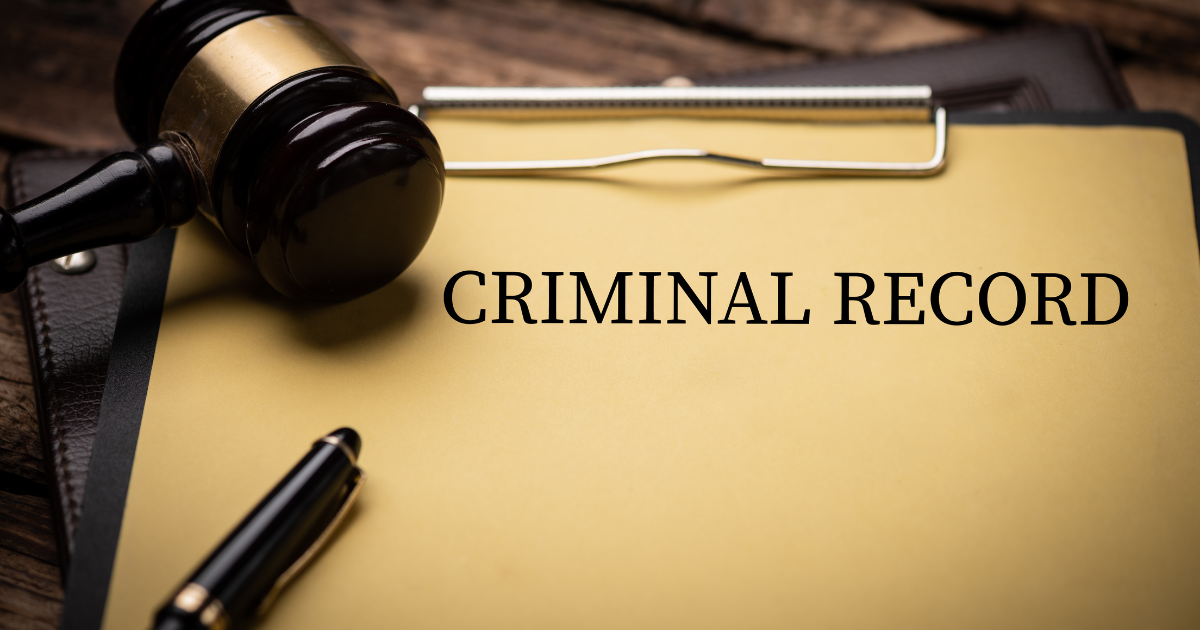Can Federal Charges Be Expunged from Your Record?
Having a criminal record can have a lasting impact on your life, and we’re often asked the question: can federal charges be expunged from your record?
A criminal record can hinder your employment prospects, limit educational opportunities, and even restrict various aspects of personal and professional growth. Unfortunately, there is no way to easily expunge federal charges, especially if there was a conviction, but you still have some options for dealing with them.
What is Expungement?
Expungement is a legal process that removes charges or convictions from your record, making them inaccessible or invisible to the general public … as if they were never there. However, law enforcement and the court system still have access to know they were there.
Whether expungement is an option at all — as well as the requirements for it if it is an option — varies depending on the jurisdiction and the type of offense. Generally, it is easier to clean your record at the state level rather than the federal level.
Expunging Federal Charges
Unlike some states, the federal court system does not provide a direct way to expunge criminal records. Expungement of federal charges is extremely rare and usually reserved for very exceptional circumstances.
In the eyes of federal law, once someone has been convicted of a federal offense, the record of that conviction generally remains permanent.
One exception is if you have federal charges or even a federal conviction for certain minor drug offenses, and you were under 21 when the offense was committed.
Alternative Options to Expunging Federal Charges
While expungement might not be likely for federal charges, there are some alternative options available to help you get a fresh start with a clean record. Here are some of them:
- Presidential Pardon: The President of the United States has the power to grant pardons, which can forgive an individual for a federal offense. A presidential pardon is a rare occurrence and usually requires a compelling reason or evidence of rehabilitation.
- Certificate of Rehabilitation: You may be able to get a certificate of rehabilitation that provides official recognition of your rehabilitation efforts. Although it doesn’t erase the conviction, this certificate can demonstrate to employers or licensing boards that you’ve made significant efforts to turn your life around.
- Federal First Offender Act and Youthful Offender Program: Under specific circumstances, certain federal statutes such as the Federal First Offender Act and the Youthful Offender Program allow for special treatment of first-time or young offenders. Successful completion of these programs may result in reduced penalties or the avoidance of formal conviction records.
It’s Important to Get Experienced Help with Federal Charges
While the answer to that question — can federal charges be expunged from my record? — is probably not, it’s best to consult with an attorney who is experienced in dealing with federal law. They can help you explore all available options and determine the best course of action in your specific case.
Every case is unique, and the eligibility for relief can vary based on individual circumstances and the specific federal offense involved.
If you’re currently facing federal charges, you should seek legal counsel right away in order to protect your rights. And if you’re looking at options for cleaning up your record, experienced legal counsel may be able to help with that, too.
Mark Broughton is a criminal defense lawyer in Fresno with 40+ years of experience, and he will fight to get you the best possible outcome. He sees every individual’s situation with compassion and empathy. And he believes that every person has the right to a fair trial and is innocent until proven guilty.
If you are facing federal charges, call 559-691-6222 or click here to request a free consultation. We’ll get back to you right away.
Have More Questions Regarding Criminal Defense?
We do our best to answer common questions on our FAQ Page.



